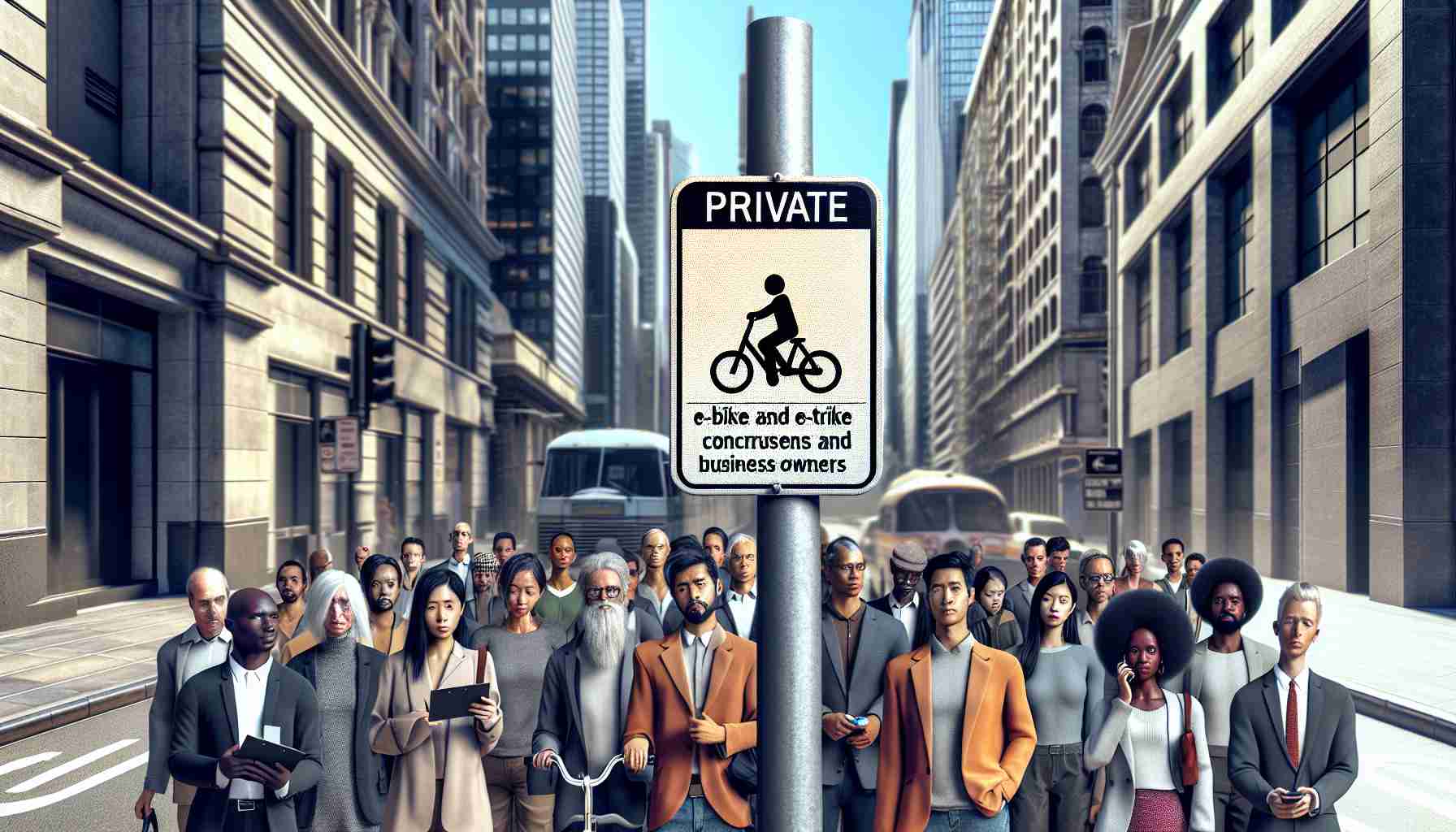The upcoming ban on e-bikes, e-tricycles, and other small electric vehicles on national roads in metropolitan areas is causing distress among commuters and business owners who heavily rely on these modes of transportation. As reported by Maki Pulido, starting from Monday, April 15, the Metropolitan Manila Development Authority (MMDA) will enforce the ban, resulting in potential financial losses for many individuals.
E-bike and e-trike users, such as Gloria Batasan, who operates an e-trike for her transportation business, express their worries about the increased expenses they will face. Batasan highlights the significant difference in cost between e-trike fares and traditional tricycle fares, emphasizing the savings that e-vehicles provide. Without the option of using e-vehicles, commuters like Batasan will have to spend more money on transportation, which could have been allocated for other essential expenses, such as food or household needs.
The MMDA justifies the ban by citing safety concerns. They argue that e-vehicles pose risks to drivers, passengers, and pedestrians on national roads. In 2023 alone, four fatalities, 436 injuries, and 468 property damages resulted from road accidents involving e-bikes. As a result, the MMDA has decided to penalize violators with a fine of P2,500. Additionally, e-bike and e-trike drivers will need to obtain a driver’s license to operate these vehicles legally. Those found driving without a license will face impoundment of their e-vehicles.
The ban encompasses major roads in the National Capital Region, including Roxas Boulevard, Taft Avenue, SLEX, and Epifanio Delos Santos Avenue, among others. However, it is worth noting that this regulation specifically targets national roads, and authorities may introduce separate measures to regulate e-vehicles on other types of roadways.
While the intention behind the ban may be to enhance road safety, it is essential to consider the impact it will have on commuters and business owners who rely on e-vehicles. Balancing safety concerns with the convenience and affordability provided by electric modes of transportation is a challenge that authorities must address effectively.
The ban on e-bikes, e-tricycles, and other small electric vehicles on national roads in metropolitan areas is just one of the many challenges faced by the electric vehicle industry. Despite the growing popularity of electric transportation, there are still several issues that need to be addressed for the industry to reach its full potential.
One of the main challenges is the lack of infrastructure to support electric vehicles. This includes the availability of charging stations, which is essential for electric vehicle owners to recharge their vehicles. Currently, the number of charging stations is limited, especially in suburban and rural areas. To promote the widespread adoption of electric vehicles, it is crucial for governments and private companies to invest in the development of charging infrastructure.
Another issue is the high cost of electric vehicles. Although the prices of electric vehicles have been decreasing over the years, they still tend to be more expensive than traditional gasoline-powered vehicles. The higher upfront cost of electric vehicles is often a barrier for potential buyers. However, as technology improves and economies of scale are achieved, it is expected that the prices of electric vehicles will continue to decline, making them more accessible to the general public.
Market forecasts indicate that the electric vehicle industry is poised for significant growth in the coming years. According to a report by Bloomberg New Energy Finance (BNEF), electric vehicles are projected to account for 10% of global vehicle sales by 2025 and increase to 28% by 2030. This growth is driven by factors such as government subsidies and incentives, stricter emissions regulations, and advancements in battery technology.
To further support the growth of the electric vehicle industry, governments around the world are implementing measures to encourage the adoption of electric vehicles. For example, countries like Norway, the Netherlands, and China have introduced favorable policies such as tax incentives, subsidies, and stricter emissions standards to promote the use of electric vehicles.
For more information on the electric vehicle industry and related market forecasts, you may refer to the following links:
1. International Energy Agency – Electric Vehicles
2. Bloomberg New Energy Finance – Electric Vehicle Outlook
3. EV Volumes – Electric Vehicle Sales Statistics
It is evident that the electric vehicle industry has great potential to revolutionize transportation and reduce carbon emissions. However, it is crucial for governments, industry stakeholders, and consumers to work together to overcome the challenges and ensure a sustainable and efficient electric transportation system.







